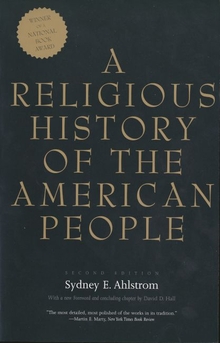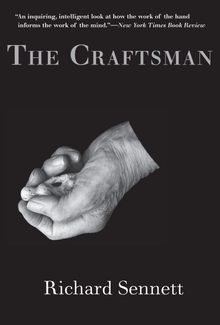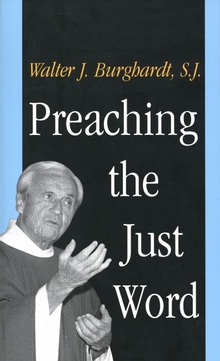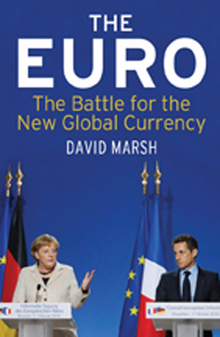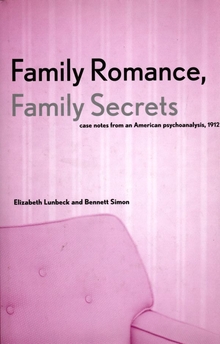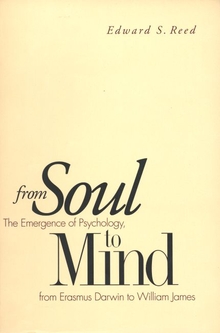The Necessity of Experience
WARNING
You are viewing an older version of the Yalebooks website. Please visit out new website with more updated information and a better user experience: https://www.yalebooks.com
Edward S. Reed
Since the scientific revolution of the seventeenth century, Western epistemological tradition has rejected primary experience in favor of the abstractions of secondhand experience. Building on James Gibson's concept of ecological psychology, Reed offers a spirited defense of the reality and significance of ordinary experience against both modernist and postmodernist critics. He expands on the radical critiques of work, education, and art begun by William Morris and John Dewey, offering an alternative vision of meaningful learning that places greater emphasis on unmediated experience, and he outlines the psychological, cultural, and intellectual conditions that will be needed to foster that crucial change.
"Reed sets about the task of overturning three hundred years' tradition of inquiry and creates a book that is beautifully written, uncluttered, and precise. To read this work is a professional and personal joy."—William Kessen, Yale University
"I believe. . . the text would be especially welcomed within university education departments where substantial philosophical support is needed to sustain the movement toward adopting more innovative, practical, and relevant approaches to pedagogy."—Stephen Pattee, Bridges
"Reed's slim, readable volume presents a strong argument for the primacy of direct, firsthand experience."—Choice
"Reed indicts much of modern thought for ignoring everyday experience. . . . This excellent book is highly recommended."—Library Journal
Publication Date: August 11, 1996



